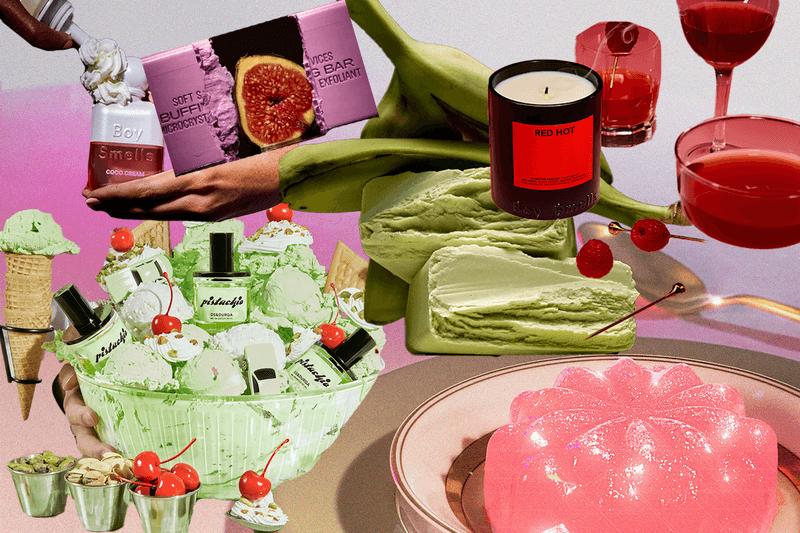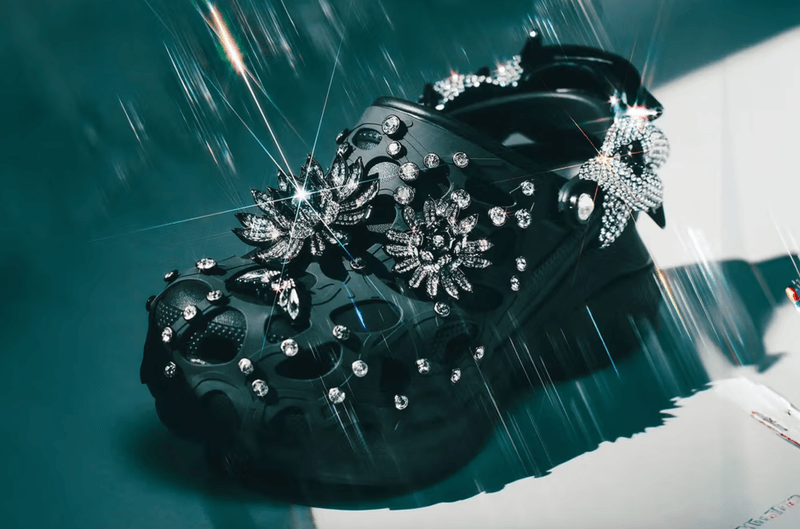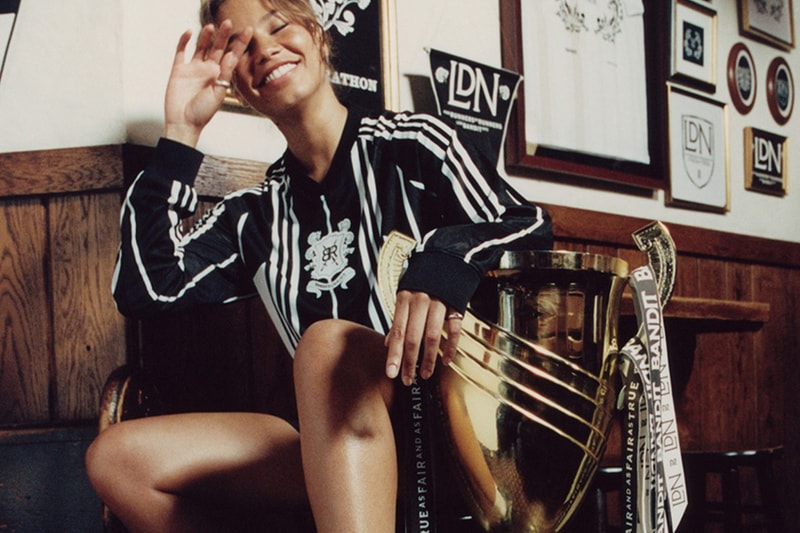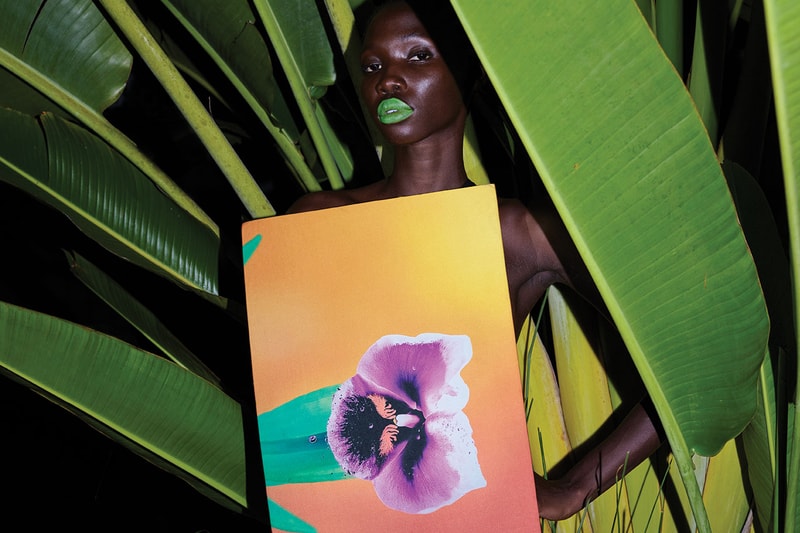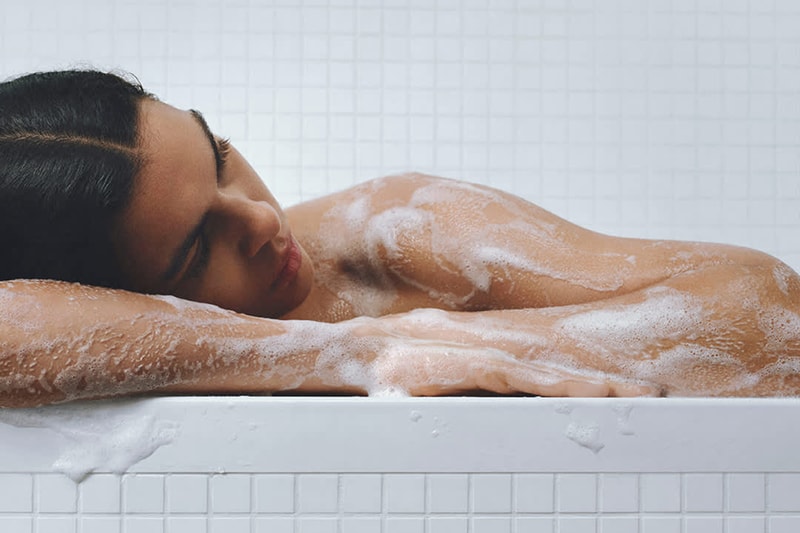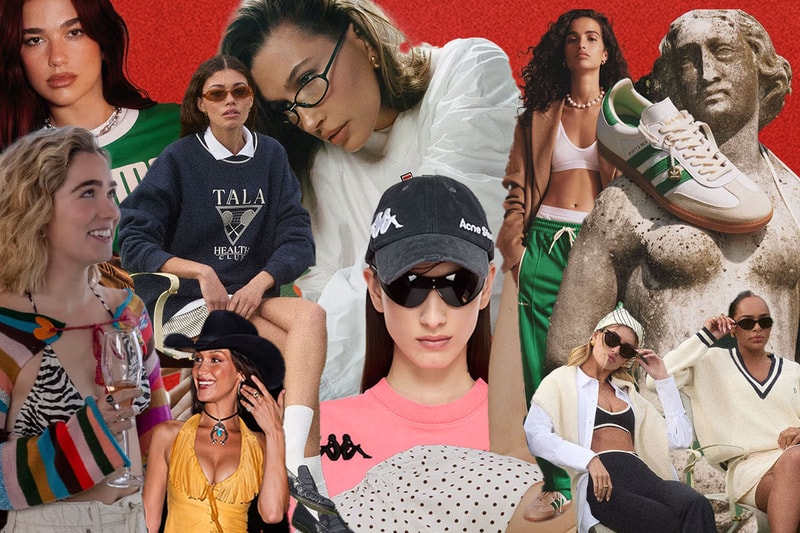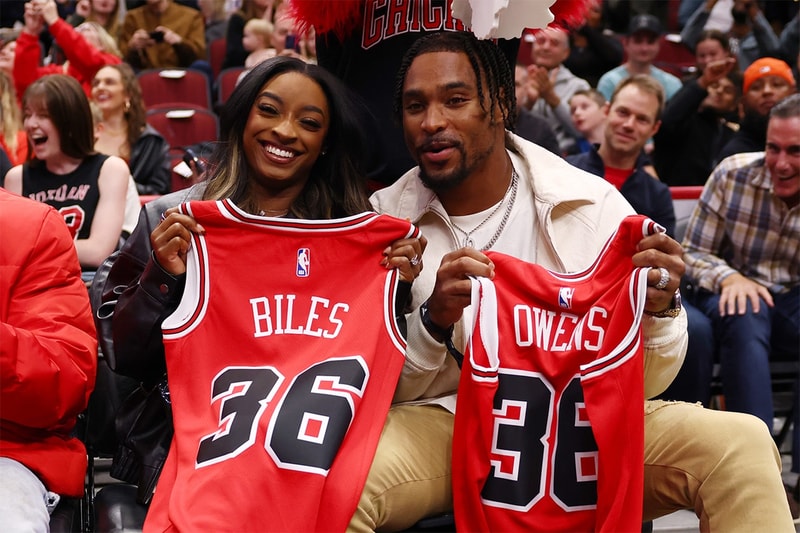Introducing Chase Sui Wonders, Star of HBO Max's New Must-Watch Series
Jessica Baker Thu, 11 Mar 2021 Who What WearLet’s address the elephant in the room: HBO Max’s new teen dramedy Genera+ion sounds a lot like Euphoria. Okay, I'm glad we got that out of the way because while, yes, there are some obvious connections that can be made—they both offer a raw look at the modern coming-of-age experience—I can assure you Genera+ion is wholly unique in its storytelling and character development. It’s a frank, sometimes humorous exploration of what it’s actually like to be a teenager today rooted in the experiences of its Gen Z creator, 19-year-old Zelda Barnz, who wrote the show with her father over a two-year period after coming out as bisexual. Barnz was meticulous in creating an authentic narrative, and that can be felt and seen in every part of the series. The characters talk and text like actual high schoolers, dress like TikTok stars, and are grappling with real-life issues such as complicated family dynamics, gender identity, sex, and teen pregnancy. And then, there is the subject of casting, which is really good—and, maybe most importantly, believable.
One particularly exceptional find is newcomer Chase Sui Wonders, who plays Riley. The bleached hair “tassels,” the “‘90s skater girl” outfit, her cool insouciance, Riley is the girl I wanted to be in high school, and Wonders delivers an outstanding performance. When I say the actress immediately caught my eye while I was watching the pilot, I mean I immediately googled her minutes after she appeared on-screen. It turns out, Wonders comes from a fashion pedigree—her aunt is designer Anna Sui—and she studied film at Harvard, which is where her love of storytelling really took hold. She’s had a few small parts here and there and appeared in a Calvin Klein short film by Sofia Coppola, but Genera+ion is poised to be her breakout. Wonders is It-girl material through and through, and clearly, I’m not the only one taking note. Major brands like Chanel, Dior, and Miu Miu are already dressing the young star.
We caught up with the actress for our annual Spring Issue, which is all about self-expression, to talk about the new series, creating her character’s signature look, and how her aunt helped pave the way for a creative career.
What, in your opinion, makes Genera+ion a unique coming-of-age story?
Well, I am flattered that it’s being compared to Euphoria. I am such a fan of Euphoria and the performances in it, and the production is insane and beautiful. There is such a premium on the whole genre of these shows right now, but I do feel like this show is so intentional about the specificity of character because you are getting situated in each of their POVs. It’s easy to group all of these shows together, but [with Genera+ion] you have an entirely new set of characters with an entirely different set of idiosyncrasies. I think one thing the Barnzes, the creators of the show, were really intentional with is the granular detail with which they rip apart these characters. They become so specific to the point where only these characters could say these lines in this intonation. And Zelda [Barnz], who is not far away from high school [herself], is really intentional about making these characters feel extremely real to the high school experience. One thing the show also does is lean into comedy and the cringiness. Personally, when I watch a show [like this], my heart shakes. It’s the type of laugh where you are frowning desperately as you are laughing because you feel for these characters. I don’t know if you saw Eighth Grade, but that scene where the protagonist is looking out at the pool party, it’s that specific high school cringiness that you move through the world with when you’re this age—where you’re at times unabashedly confident but about the wrong things and then you’re really insecure about the wrong things. It really leans into that and the heartache of that.
What do you think Genera+ion really gets right about the teen experience today?
One thing I’ve been thinking about, which I think is really cool, is the way the show plays with time as a character, how stories overlap each other. What’s so interesting to me about high school, and especially Gen Z, is kids are smarter than ever and more worldly and more aware than ever, and Gen Z has all of these devices through which to see the world in this really smart and self-aware and conscious way. But at the same time, you don’t necessarily know the internal personal life of the person sitting right next to you in the quad. That’s why I think it’s so cool the way the show plays with time as a character because you see events unfold, and it takes you through multiple characters’ perspectives of the same events. But in these specific moments where the characters are left alone, you can truly see their internal life, and that’s really special and captures that isolation you experience in high school.
So I hear there is a crazy story behind how you were cast for the show. Do tell.
I wasn’t initially in the crop of girls for Riley. I was brought in after everybody else. I had a tiny part in another show when I got the audition tape. I got the tape at like 11 p.m., and my agents were like, “We need this right now. There’s no time to waste.” So I recorded it and was back on set the next day for [the other show]. I was essentially playing a girl skateboarding in the background of the show, and I was eating lunch, and I accidentally ate some hazelnuts, which I’m deathly allergic to. I had to get rushed to the hospital by the set medic, and I was in this hospital bed when I got the callback for [Genera+ion]. This was all unfolding in less than 24 hours. I got the callback. Meanwhile, the AD from the skating show was like, “Where are you?” They advise you to stay in the hospital overnight after you get an allergic reaction, but I just ripped the IV out and was like, “I have to go.” I went to do the callback, and it was chaotic, but I channeled that energy. If I hadn’t gotten the allergic reaction, I wouldn’t have been able to go to the callback.
It was meant to be! When you look back at your own high school experience, how would you say you are similar to Riley?
I was not similar to Riley in high school. I had nowhere near the social confidence that Riley has. I wish I had one iota of Riley’s social confidence. I do think I experienced a similar type of isolation that Riley does. I always poured myself into different art forms. I really liked writing in high school, and I still do, but I turned to that as my version of escapism. I grew up in the suburbs of Detroit, which was very much a bubble. It was a bit stifling. So turning into different characters and world building as a way to escape that, I think Riley does a similar thing where she uses her photography as a method of protection for herself and for others not to see what’s going on in her life.
How did you tap into the mindset of Riley?
Because she is a photographer, I explored photography as a medium, which I hadn’t really done before. Photographers like Ryan McGinley and Dash Snow and Sally Mann and this Dutch photographer Rineke Dijkstra, they all have these very pretty lenses and also point a lens on youth culture specifically and subcultures, and I think getting in that mindset helped a lot in terms of just how Riley moves through the world. And also definitely music. On the way to set, I’m always blasting a playlist of Riley songs.
What’s a Riley song?
A Riley song is FKA Twigs, all of FKA Twigs. I think that type of powerfully quiet rage is something that is constantly bubbling inside of Riley. Grimes is really useful for Riley’s internal state. So these very specific types of goth-y, punk women who wield their femininity in a certain way.
I was immediately drawn to Riley’s personal aesthetic—the clothes, the hair. What were some of the conversations you had with the wardrobe and beauty departments about her look?
This was actually huge for me. I wanted these blonde [hair] tassels because they are so Gen Z and they were all over TikTok, and Riley would have 100% rocked the tassels. So I really liked that as a character trait for her. In terms of wardrobe, I think there is a Gen Z chaotic grunge [vibe] that Riley can have. I showed Shirley [Kurata] the Heaven by Marc Jacobs collection. Shirley Kurata is our costume designer who is amazing and incredible, and she pulled so many obscure designers that Riley wears that I love so much. But I think that skater, grungy style is something that really encapsulates Riley.
Do you have a favorite look of hers?
I love the Heaven stuff. She wears a lot of it. It’s so on the nose in a cheeky way, but her “More Teen Angst” T-shirt, the Heaven by Marc Jacobs T-shirt, I think is funny. I do feel like it’s a specific Gen Z attribute. Gen Z loves to be angsty in a very aware way. Whether or not they are addressing their angst in the healthiest way, they are talking about mental health in ways that I think previous generations did not.
Your aunt is designer Anna Sui, which is very cool. What was it like growing up around such an influential fashion figure?
Well, I was very unfashionable as a kid. I was an aggressive tomboy for most of my youth, so I would wear ill-fitting khaki pants and my ice hockey sweatshirts with stains on them. I don’t think it was the best canvas for my aunt to paint on. I grew up in Michigan, and she worked in New York, so I did have a separation from all that. But it definitely did expand me in terms of thinking that it would be feasible to pursue a creative career. My family is definitely a very traditional one. My dad is a very traditional Chinese father and definitely didn’t make acting seem like the most welcome career option, but then, I would just point to his sister, and he couldn’t really say anything.
You went to Harvard, where you studied film and worked for the infamous Harvard Lampoon. Can you tell me a little about that experience? What was one of your favorite pieces you wrote?
That was very fun. I loved the Lampoon. It was a really silly place where you could be as ridiculous as you wanted, and being weird was a premium, so it was very freeing for me. I edited an issue called The Young and Misunderstood Issue—very fitting—which was all about people who don’t quite get it but also feel very misunderstood and isolated from everybody. I have a piece in there that is pretty ridiculous about a guy who doesn’t get invited to a high school party. They are also very surreal and very nonsensical and very niche, so I don’t know how digestible it is to a wide audience.
So you are very much open to comedy in your future?
I would love to do comedy, but what I choose to write, because I also write scripts and things, tends to be more on the dramatic side. I like when comedy moments don’t feel like comedy beats but are born from an incredibly earnest scenario.
What were some of the films or TV shows that made you want to pursue a career in acting?
Growing up, I watched Rushmore like every weekend. That film really did speak to me. Once I got to college, I got exposed to a lot of international film, and that also opened my eyes to the potential of film and storytelling to bridge cultural barriers. I took a Japanese cinema course with Haden Guest, who is the director of the Harvard film archive, and he really opened my mind to the power of storytelling, and the films he showed me remain to be my favorite films of all time. Ikiru is a really great film. Boy by Nagisa Ôshima. I think that period of my life solidified the idea that I want to pursue this kind of storytelling.
Looking ahead, who are some of the creators out there who you would love to work with next?
Chloé Zhao is amazing. She just made Nomadland, and The Rider is one of my favorite movies. I think the Safdie brothers are great. Paul Thomas Anderson is a dream. Athina [Rachel] Tsangari, who is this Greek weird wave director, is incredible. Sofia Coppola. I would love to do a movie next. That would be a dream.
Generation is now streaming on HBO Max.
Photographer: Vivian Kim for Who What Wear
Stylist: Lauren Eggertsen
Hairstylist: Peter Lux
Makeup Artist: Emily Cheng
Creative Direction: Alexa Wiley

